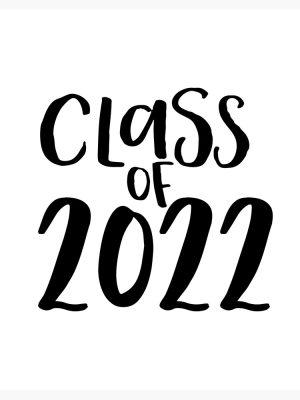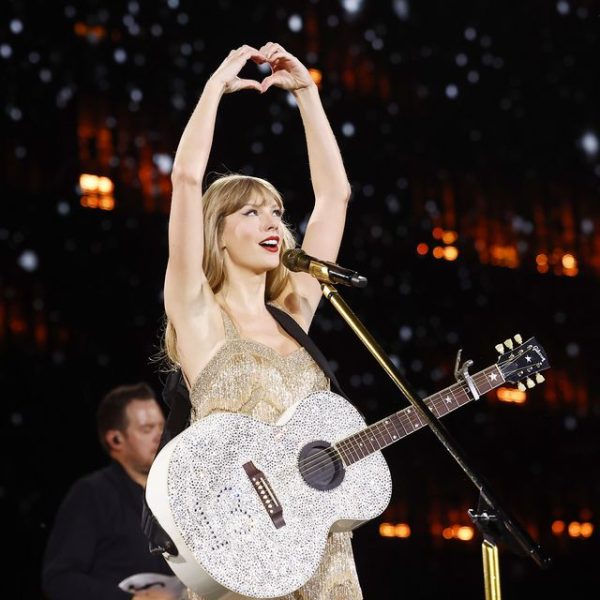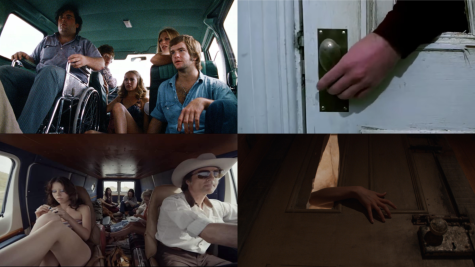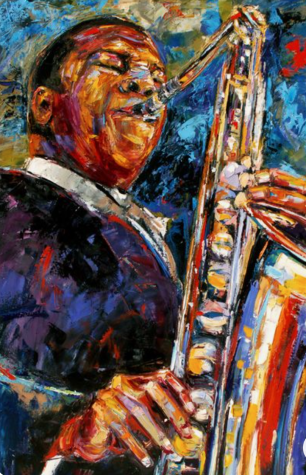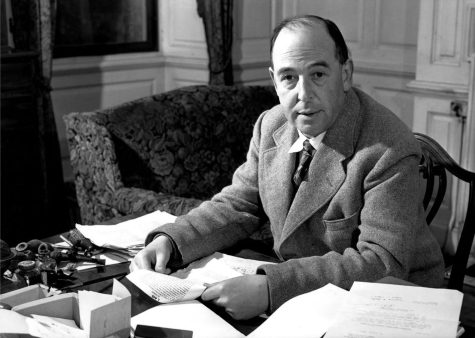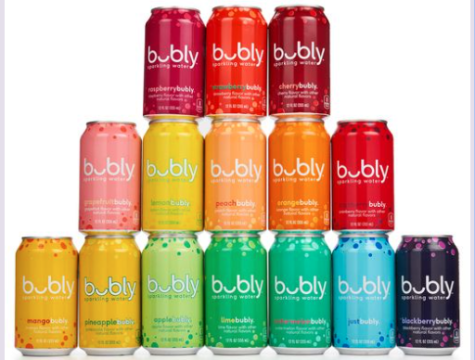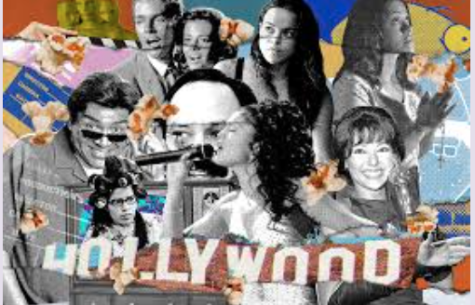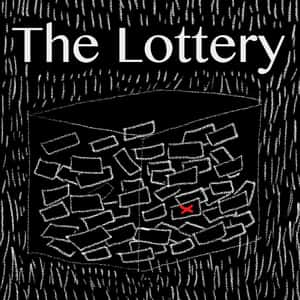Protest Music Defines American Art
May 5, 2019
Modern culture has embraced music as a universal platform of expression; streaming platforms such as Spotify and Apple Music capitalize on the universal appeal of easily accessible songs, podcasts, and albums. In a deeply politicized era, music reflects social commentary, anger at injustice, and frustration with a broken system; America’s roots are in protest music, from the American Revolution to the Vietnam War, the Civil Rights movement and beyond.
The universal tune of “Yankee Doodle” was the birth of American protest music. When it garnered steam among the British in mockery of the colonists’ uprising, the Patriots flipped the song as a form of protest against the British government. Many years later, Woody Guthrie’s “This Land is Your Land” became the new face of protest music as the ironic response to Irving Berlin’s “God Bless America.” Today, Guthrie’s song is frequently referenced when challenging discrimination against and mistreatment of racial minorities and the poor; protesters sang the song to those detained at the JFK and Philadelphia airports in the wake of President Donald Trump’s proposed travel ban, Lady Gaga embraced the hit at one of her shows. These songs, defined as patriotic in some senses and destructive in others, comprise the roots of protest music in American culture.
The Civil Rights era, combined with the Vietnam War, spurred an era of equality and peace in musical protest. Minnesota native Bob Dylan is credited with many of these hits; although he adamantly stated that his music was never intended as political commentary, protesters embraced his lyrics. “We Shall Overcome” became an anthem of the Civil Rights movement in its own right, and its words can still be heard at rallies and protests today. Bruce Springsteen’s “Born in the USA” railed against the Vietnam War that took the lives of his friends and family and did little to help the recently returned veterans; the song resonated with many Americans frustrated with the war and the treatment of those who served. In other music of the 1980s, the punk and rap scenes protested the police and President Ronald Reagan’s crackdown on drugs; many felt that these policies targeted already marginalized communities predominantly comprised of racial minorities.
While the 1990s had its protest music, the early 2000s embraced the art more than the previous decade. In the wake of September 11, President George W. Bush’s decision to declare war on Iraq drew criticism from many, including musicians. Green Day’s “American Idiot” takes aim at the Bush administration, while Lupe Fiasco’s “American Terrorist” shows anger over the inequities ignored at home in the face of the war on Iraq. In the past decade, Kendrick Lamar’s music, especially “Alright,” reflected the sentiments of the Black Lives Matter movement, while Beyoncé embraced feminism through “Flawless,” MILCK protested the treatment of women in “Quiet,” and Lady Gaga preached inclusivity in “Born This Way.” Most notably, Childish Gambino’s “This is America” takes aim, both in audio and visual form, at racism, Jim Crow, and the lack of progress in racial equity. The trend throughout this music is the controversiality of the lyrics and the anger they portray, but protest music proves essential to the social progress Americans strive to embody.
Music presents a platform often used for commentary on the events of the era; songs not only mark decades but events, transforming the narrative of American culture in the process. While usually the recipients of significant backlash, these artists created work that withstands the test of time, coming to define a generation and a movement. Music proves essential for expression of perspective and belief, and protest is no exception.









